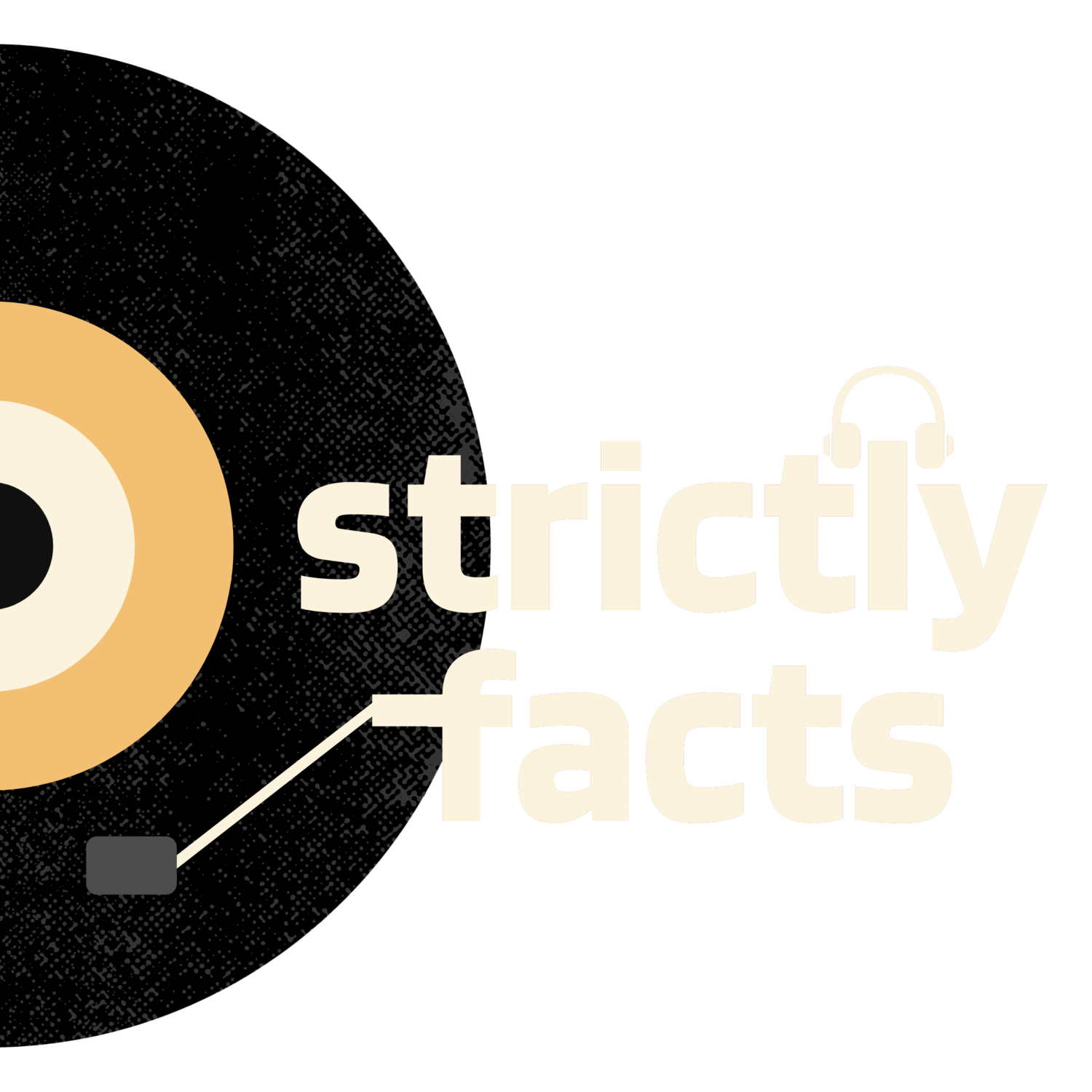25 Must-Know Moments in Caribbean History #1-5
Moment #1
🇹🇹🇬🇧 Born in Trinidad in 1915, Claudia Jones was a trailblazing journalist, political activist, and intellectual whose life's work championed racial justice, anti-colonialism, and Black women's rights. After migrating to the U.S. as a child, she became a prominent member of the Communist Party and editor of The Daily Worker. Her activism and political views led to her arrest and deportation in 1955, and she was eventually granted asylum in Britain.
In 1958, London’s Notting Hill neighborhood was rocked by racist attacks and violent riots targeting Caribbean immigrants. In response to the climate of fear and discrimination, Jones envisioned an act of cultural resistance. On January 30, 1959, she organized an indoor Caribbean carnival at St. Pancras Town Hall in London, showcasing calypso, steel pan, African dance, and Caribbean food.
Though held indoors and televised by the BBC, this vibrant celebration was the seed of what would become the Notting Hill Carnival— a proud annual celebration of Caribbean heritage.
🎤 Jones famously declared, “A people’s art is the genesis of their freedom.”
📚 #CaribbeanHistory #ClaudiaJones #NottingHillCarnival #25MustKnow #CaribbeanAmericanHeritageMonth #BlackBritishHistory #CaribbeanCarnival #WomensHistory
Moment #2
📘🏆🇱🇨 In 1979, Sir W. Arthur Lewis, a son of Saint Lucia, made history as the first person of Caribbean heritage to win a Nobel Prize, earning the Nobel Memorial Prize in Economic Sciences for his groundbreaking work on economic development in developing nations.
Born in 1915 in Castries, Saint Lucia, Lewis would go on to not only be the first Black student accepted to attend the London School of Economics but also went on to be the first Black faculty member in his alma mater in 1938. By age 33, he was a full professor at the University of Manchester and over time, advised dozens of countries across Africa and the Caribbean on how to transition from colonial economies to independent, sustainable ones.
📈 His research in Economics explored the labor movement in the Caribbean, unlimited supplies of labor, and economic growth. He also developed the Lewis Model, otherwise known as the dual sector model.
He was appointed Vice Chancellor of the University of the West Indies in 1959 and continued to be honored at all three campuses with the Sir Arthur Lewis Institute of Social and Economic Studies named in his honor. His work empowered generations of developing countries to challenge dependency and pursue economic sovereignty.
📚 #StrictlyFacts #CaribbeanHistory #SirArthurLewis #NobelPrize #SaintLucia #CaribbeanEconomics #CaribbeanExcellence #CaribbeanAmericanHeritageMonth
Moment #3
Caribbean Labor Builds the Panama Canal
On August 15, 1914, the Panama Canal officially opened, forever altering global trade and maritime travel. While the engineering feat is widely celebrated, less often acknowledged is the indispensable role of thousands of Caribbean laborers who built it under grueling, often deadly conditions.
These workers made up the majority of the canal's labor force. They endured dangerous construction zones, discrimination, low wages, and poor living conditions, yet their skill and resilience were crucial to one of the most important infrastructural projects in modern history.
This moment is not just about engineering. The story of the Panama Canal is also the story of Caribbean people and their global impact.
#StrictlyFacts #CaribbeanHistory #PanamaCanal #CaribbeanLabor #BlackHistory #WestIndies | #25MustKnowMoments #CaribbeanAmericanHeritageMonth
Moment #4
Today we honors one of the most electrifying achievements in global sports history, and a moment you likely remember. 🇯🇲⚡
On August 16, 2009, Jamaican sprinter Usain Bolt shattered his own world record at the IAAF World Championships in Berlin, running the 100 meters in an astonishing 9.58 seconds — a time that remains unbeaten to this day. With this performance, Bolt not only redefined the limits of human speed but also solidified the Caribbean’s legacy of excellence on the world stage.
The Fastest Man Alive, Bolt’s dominance in athletics helped reinforce the region’s longstanding global impact in sports far beyond its size.
#CaribbeanHistory #UsainBolt #WorldRecord #Jamaica #TrackAndField #CaribbeanAmericanHeritageMonth #CaribbeanSportsHistory
Moment #5
We are a region constantly evaluating our relationship to the environment and the unpredictability of nature. On the morning of May 8, 1902, Martinique witnessed one of the deadliest volcanic disasters in recorded history. Mount Pelée, a volcano on the northern tip of the island, erupted violently.
In just minutes, the once-thriving town of Saint-Pierre—known as the "Paris of the Caribbean"—was completely destroyed. Approximately 30,000 people lost their lives, making it the worst volcanic disaster of the 20th century.
The eruption profoundly reshaped the island’s demography, economy, and infrastructure. Today, Mt. Pelée stands both as a natural wonder and a memorial to those lost in its wake.
#CaribbeanHistory #MountPelee #Martinique #CaribbeanNaturalHistory #CaribbeanAmericanHeritageMonth






